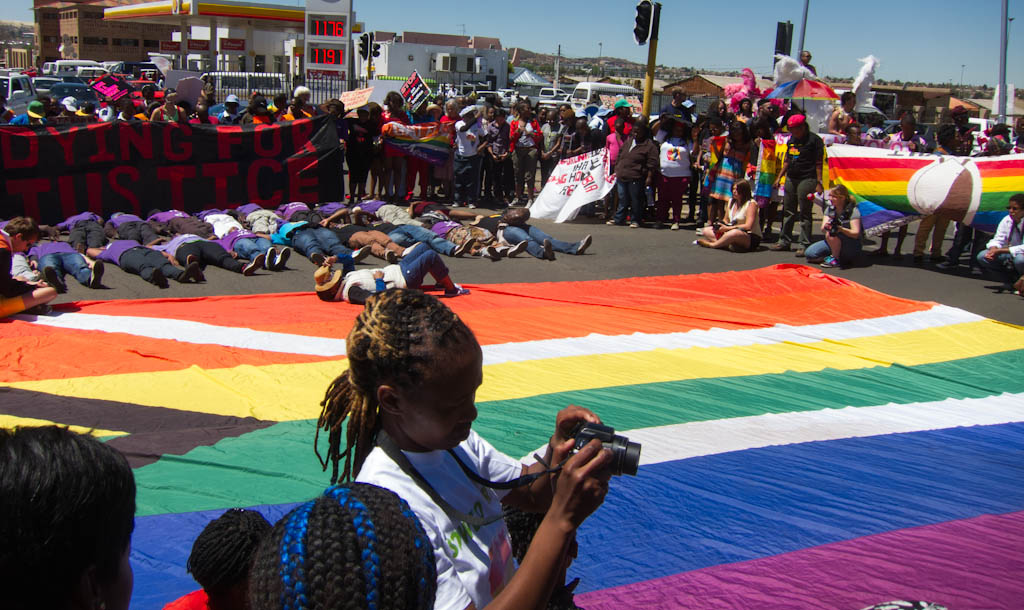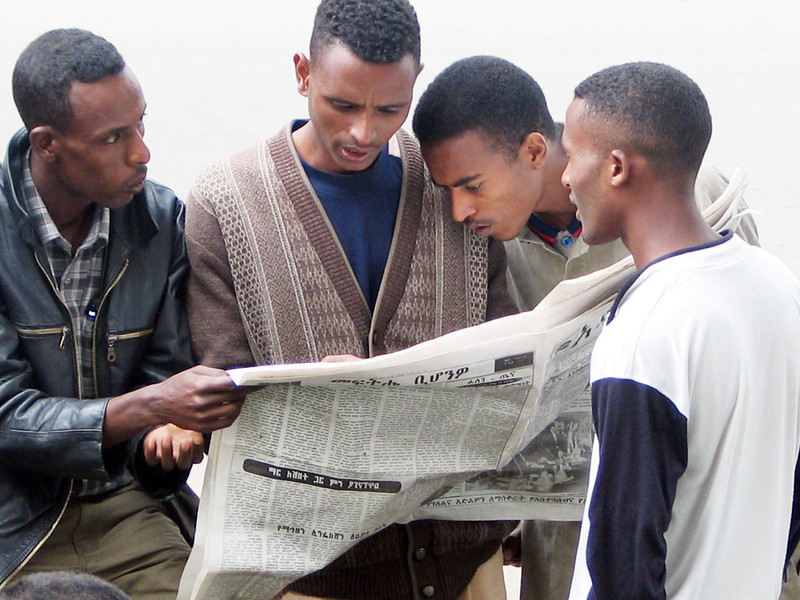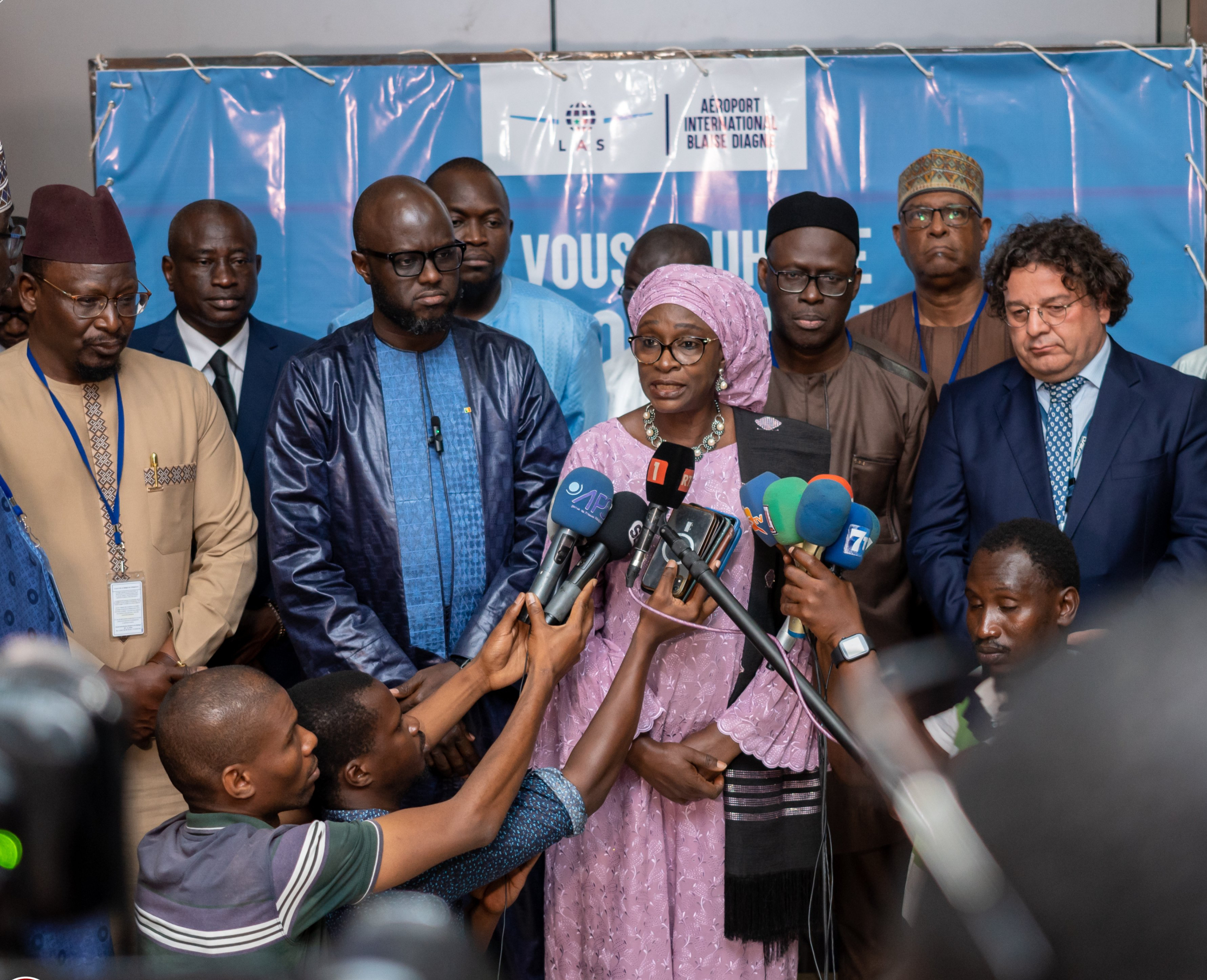We are excited to announce that Brink is now part of Africa Practice. Learn more
Raining on the pride parade

Uganda made headlines this year for all the wrong reasons, with President Yoweri Museveni enacting a draconian anti-homosexuality law in May 2023. Regarded as one of the harshest anti-LGBTQ laws in the world, those convicted face life imprisonment, while so-called “aggravated cases” can result in the death penalty. Ghana’s Promotion of Proper Human Sexual Rights and Ghanaian Family Values Bill, meanwhile, proposes prison sentences for people who identify as LGBTQ or who “promote” homosexuality. Not to be outdone, Kenya’s Family Protection Bill would also include imprisonment or capital punishment for certain offences.
Acceptable foreign influence
The influence of American evangelical Christian groups on the anti-LGBT movement in Africa has been well documented. This brings an irony to developments as certain African political leaders renowned for asserting their sovereignty and independence from the West would turn a blind eye to evangelical groups cultivating “culture wars” on their soil.
Between 2007 and 2020, US groups spent over USD 54 million to influence laws, policies and public opinion against sexual and reproductive rights. In Uganda, US-based campaigners have played an active role in disseminating conservative rhetoric, and advocating for the Anti-Homosexuality law. One of these US-based organisations also co-sponsored the continent’s first African Inter-Parliamentary Forum on Family Values and Sovereignty, held in April 2023, with participation from religious leaders and lawmakers from some 14 African states.
This is a form of covert but direct influence on political outcomes, with international actors aiming to have a say on legal proceedings without transparent involvement in the legislative process. Our current global context has seen mounting concern over the dangers of hidden agendas to sway political outcomes – mainly focused on alleged attempts by Russia and China. However, while those in support of anti-LGBTQ legislation decry the importation of Western values, religious and associated morality laws by opaque Western actors are somehow exempted from criticism.
What have rights got to do with it?
Uganda’s constitution lacks adequate provisions on the protection of human rights, which has enabled President Museveni to drive anti-LGBTQ legislation. However, constitutional reforms in Kenya in 2010 centred the protection of fundamental rights, recognising the “essential values” of equality and freedom. In addition, Kenya is known for the strength of its judiciary, as demonstrated in the High Court’s ruling against the last administration’s controversial Building Bridges Initiative. If it makes it into law, the proposed Family Protection Bill 2023 will once again test the strength of the judiciary and its commitment to the Bill of Rights enshrined in the constitution. However, if the courts move to strike down the legislation despite popular support in favour of the bill, this could amplify growing narratives that judges are detached and the courts fail to serve the interests of common citizens.
While Kenya’s constitutional reforms are relatively recent, the lack of public awareness on the rights enshrined is worrying, indicating a lack of effort to engage and educate at the grassroots level. Simultaneously, the centering of family and children in ongoing debates effectively pulls the conversation away from the protection of individual rights, evoking strong emotions that distract from evidence of widespread failures to defend the most vulnerable members of our society.
While Ghanaian politicians have focused on drafting and re-drafting the Promotion of Proper Human Sexual Rights and Ghanaian Family Values Bill, economic instability linked to questionable fiscal policy has seen the number of people living in slums increase from 5.5 million in 2017 to 8.8 million in 2020, with the large majority of them being children. The COVID-19 pandemic also saw a surge in teenage and child pregnancies around the world, with evidence in Kenya pointing to the majority of the fathers being adults, and either family or close community.
While proponents of Kenya’s Family Protection Bill claim it strengthens punitive measures against such issues, it fails to acknowledge that the majority of cases are heterosexual. It also fails to provide evidence-based mechanisms to curb rising rates of sexual violence against minors, opting to use fear as a detterent rather than tackling the cultural and societal issues that enable such violence. The bill seeks to remove comprehensive sexual and reproductive health education (CSRHE) from school curriculums, one of the few processes proven to save children from harm by granting them the knowledge and words to report when they are in distress. Placing the onus on families to teach CSRHE further fails to acknowledge that the majority of harm that children face comes from the inside the home.
Business fallout
There are commercial ramifications to Africa’s legal criminalisation of LGBTQ people. The US updated its travel advice for Uganda following the adoption of the anti-gay legislation, warning that LGBTQ individuals were at risk of prosecution under the new law, may be subject to mandatory reporting to the police, and could face harassment or attacks by vigilantes. Such measures have implications for tourism and foreign commercial enterprises – those present in the country as well as those considering entry into the market. Africa: open for business, just closed to certain individuals. After all, the new explosion of laws criminalises the very existence of people who don’t identify as straight, not just “acts” deemed immoral.
Anti-gay legislation also has operating consequences for media, tech and streaming companies. In June 2023, Cameroon’s media regulator threatened to suspend distributors of television channels that broadcast “scenes of homosexuality”. Takedown notices have been issued to subscription video on demand (SVoD) services for content that violates “cultural norms”, while some providers have proactively taken steps to remove their offending content. If television channels and streaming services have to curate their content for different African countries, is it worth their time to stay on the right side of regulators? And what of social media companies? Are they responsible for the content which “violates norms” hosted on their platforms, but which otherwise conforms with international human rights standards, to which many of the outraged African countries are signatories?
Outlook
The wave of anti-LGBTQ legislation across Africa points to a lack of effort to enshrine the value of human rights through bottom-up engagement, instead positioning the protection of individual rights as a top-down Western imposition. Even where constitutional mechanisms would allow the judiciary to intervene, public discourse will take a harmful turn that will further push conversations on child protection away from our individual responsibility to our communities, to imposed blanket “solutions” that do nothing to tackle root causes. Developments in the US have also seen a serious erosion and backsliding on human rights, from reproductive health to child labour, negating the superiority some perceive Western countries hold in the realm of human rights. Rather than an external saviour, Africa requires efforts to revalorise human rights from the grassroots for the protection of all.
About the authors
Hannah Atkins is a Consultant at Africa Practice. She works with development clients across Southern Africa, conducting research, providing analysis and insights, and supporting stakeholder engagements. She can be contacted at [email protected]. Jasmine Okorougo is an Associate Consultant at Africa Practice with a special focus on political economy and digital financial service developments across sub-Saharan Africa. She can be reached at [email protected].
Proud to be BCorp. We are part of the global movement for an inclusive, equitable, and regenerative economic system. Learn more


